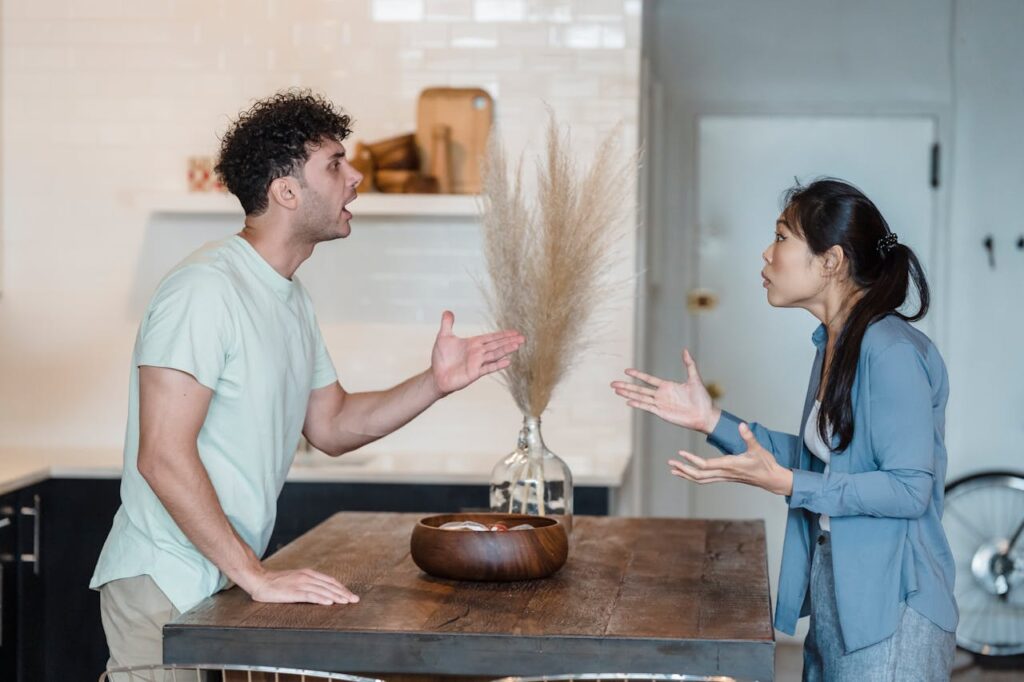Human beings are social creatures. We thrive on connection. These are not just limited to romantic partnerships but it relates to all our relationships. Relationships are the lifeblood of human experience. Relationships shape our lives in profound ways. We experience the warmth of family bonds. Friendships offer their support. Romantic connections ignite passion. They give joy, comfort, and a sense of belonging. Yet, as significant as they are, relationships often struggle under the weight of everyday stress, routine, and miscommunication. One powerful yet underutilized key to nurturing these vital connections is the simple act of showing appreciation.
What Is a Relationship, Really?
According to experts; A relationship is a close and meaningful connection between two or more people. Psychologists define relationships as ongoing interactions where there is a sense of familiarity and shared experiences. At their core, relationships rely on trust, respect, communication, and emotional support. Dr. John Gottman, a relationship expert, emphasizes that even the smallest gestures of care can act as “emotional deposits.” These gestures enrich the relational bank. They strengthen bonds over time.

The Different Types of Relationships and Why They Matter
Relationships come in various forms, each serving unique purposes in our lives:
- Romantic Relationships: These partnerships are driven by emotional and physical intimacy. Love, trust, and support define romantic relationships. They are fundamental in shaping our emotional well-being and providing companionship.
- Family Relationships: We first experience unconditional love and support through our connections with parents, siblings, and extended family. These connections often shape our early understanding of relationships. They form the foundation of our values and identity.
- Friendships: Friendships are voluntary connections based on shared interests and mutual support. They add meaning, laughter, and understanding to our lives, helping us navigate challenges with a sense of camaraderie.
- Professional Relationships: Our bonds with colleagues and mentors impact our career growth and day-to-day job satisfaction. Healthy professional relationships contribute to a more collaborative and fulfilling work environment.
- Community Relationships: These include connections with neighbors, acquaintances, or people in shared interest groups. They give us a sense of belonging to something bigger than ourselves.
Despite their differences, all relationships need mutual appreciation to thrive. Showing gratitude makes people feel valued and recognized, which fuels stronger and more resilient bonds.
The Challenges of Appreciation in Relationships
While appreciation sounds simple, practicing it consistently is not always easy. Life gets busy. We get comfortable, taking those we love for granted. We assume that they already know how much they mean to us, so we don’t express it enough.
Other barriers exist, too:
- Routine and Familiarity: Over time, the first excitement in any relationship can fade. We stop putting in effort because we feel comfortable and complacent.
- Miscommunication: Often, what we mean to convey doesn’t come out right. We think we’re showing appreciation, but the message doesn’t land as intended.
- Personal Insecurities: Sometimes, we struggle to show appreciation because we feel vulnerable or afraid of rejection. Fear of coming across as needy or over-eager can also hold us back.
- External Stressors: Work stress, financial struggles, or health issues can drain our emotional reserves. This makes it difficult to express love and gratitude.
Addressing these challenges takes intentionality and a willingness to prioritize your relationships.
How to Show More Appreciation in Any Relationship
- Speak Their Love Language: Dr. Gary Chapman’s Five Love Languages suggests that people feel most loved in different ways. These include words of affirmation, acts of service, gifts, quality time, and physical touch. Understanding how your partner, friend, or family member receives love can transform the way you express appreciation. Tailor your actions to meet their specific needs.
- Practice Active Listening: Everyone wants to feel heard. When someone talks to you, give them your full attention. Make eye contact, ask meaningful questions, and resist the urge to interrupt. Showing appreciation means valuing what they have to say and making them feel understood.
- Offer Sincere Compliments: Never underestimate the power of a heartfelt compliment. Let your loved ones know what you admire about them. Be specific: “I really appreciate how you always find a way to make me laugh when I’m down.” This is much more meaningful than a generic, “You’re great.”
- Write a Thoughtful Note: In today’s digital age, a handwritten letter stands out as a rare and precious gift. Taking the time to express your feelings in writing shows effort and thoughtfulness. Even a simple note left on a desk or tucked into a lunchbox can brighten someone’s day.
- Express Gratitude Regularly: Make it a daily habit to express gratitude. Thank your partner for cooking dinner, or tell your friend how much you appreciate their loyalty. Little acknowledgments can add up over time, fortifying the relationship.
- Perform Random Acts of Kindness: Surprise your loved ones with small, thoughtful gestures. Make them breakfast in bed, bring them their favorite coffee, or handle a task they’ve been dreading. These unprompted acts show that you care enough to make an extra effort.
- Remember Special Dates: Celebrate birthdays, anniversaries, and other important milestones. This shows that you value the person and the experiences you share. Set reminders if necessary and find a way to make these moments memorable.
- Be Supportive in Tough Times: Appreciation is not just about celebrating the good moments. It’s about being there during the difficult ones, too. Offer a listening ear, give comfort, and remind them that you’ll get through the tough times together.
- Acknowledge the Little Things: Appreciation is often about noticing the small efforts that others make. Thank your partner for running errands, acknowledge your friend’s unwavering support, or appreciate your coworker’s hard work. These tiny expressions can mean the world to someone.
- Make Time for Quality Moments: Set aside distractions and spend quality time with the people you care about. Go for a walk together. Have a deep conversation over coffee. Simply enjoy a quiet evening watching a favorite movie. Presence is the greatest gift you can give.
Reflect and Take Action
Appreciation isn’t just a feel-good concept. It has the power to transform relationships, making them more loving, supportive, and resilient. Practice gratitude consciously. Show appreciation in ways that resonate with those you love. You can deepen your connections and build a network of trust and warmth.
Now, take a moment to think about your relationships. Who in your life can use a little extra appreciation? What simple act you do today to show them they matter? Don’t wait. The time to show your love and gratitude is now. Acknowledge someone. Appreciate them. As the famous saying goes, “Feeling gratitude and not expressing it is like wrapping a gift and not giving it.” Let your actions speak for your heart, and watch how your relationships flourish.
Relationships are a piece of work and as they say it takes two to tangle . Make the choice to show appreciation today. Experience the ripple effect of love changing your life. It will also transform the lives of those around you.




